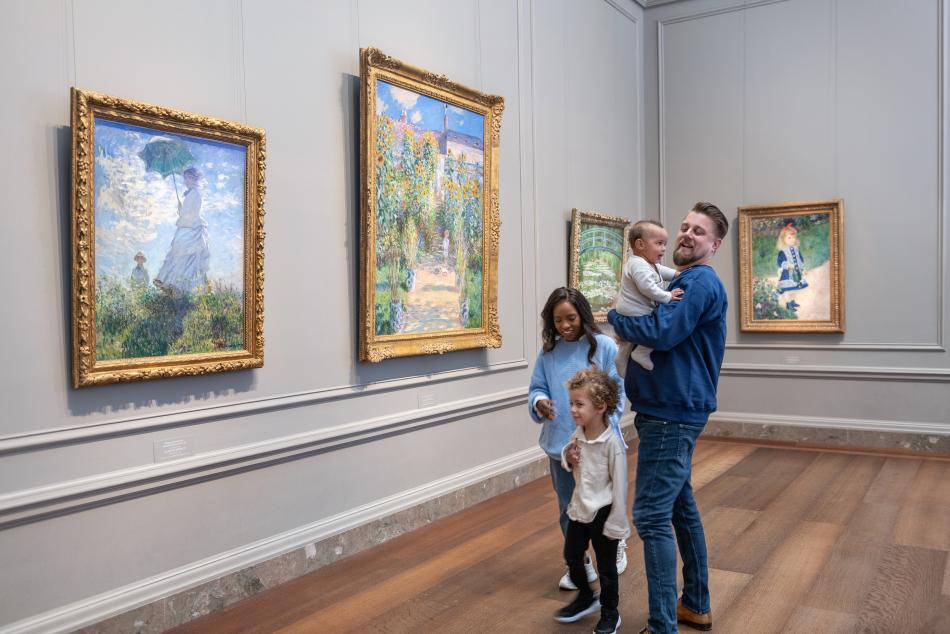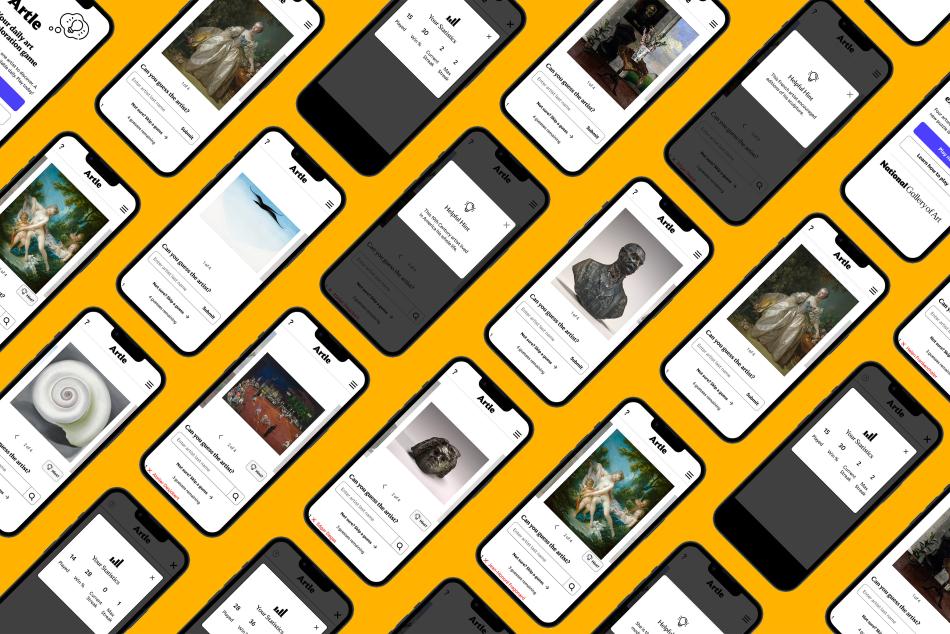Plate 32: Skates with an Egg Case and Two Flat Fish
c.1575/1590s
Joris Hoefnagel
Artist, Flemish, 1542 - 1600

Artwork overview
-
Medium
watercolor and gold paint on parchment
-
Credit Line
-
Dimensions
page size (approximate): 14.3 x 18.4 cm (5 5/8 x 7 1/4 in.)
-
Accession Number
1987.20.7.33
-
Series Title
Animalia Aqvatilia et Cochiliata (Aqva)
Associated Artworks
See all 59 artworks
Animalia Aqvatilia et Cochiliata (Aqva)
Joris Hoefnagel
1575

Title Page
Joris Hoefnagel
1570

Plate 1: Two Loggerhead or Green Sea Turtles, a Muskrat, and Shells
Joris Hoefnagel
1570
Artwork history & notes
Provenance
Emperor Rudolf II of Austria?[1]; Secretarius Heinrich Hagen, Vienna, 1611.[2] Count Emanuel Maria Joseph von Arco, Munich, 1751.[3] Graf von Seinsheim, canon of Salzburg and Speyer, 1753. Master stonemason Rüpfel, Munich, c. 1830. Joseph Anton Niggl [1792 - 1842], Markt Tölz. Karl August von Brentano [1817 - 1896], Augsburg. (sale, Rudolph Weigel, 28 October 1861, no. 2220-a-d]; (Frederick Startridge Ellis [active 1860 - 1885], London; formerly identified as F. S. Eliot)[3]; Henry Huth [1815 - 1878], London; by descent to his son, Alfred Henry Huth [1850 - 1910], London; (sale, Sotheby's' London, 12 June 1913, no. 3722); (William Wesley & Son, London); Charles Francis George Richard Schwerdt, Old Alresford House, Hampshire (his sale, Sotheby's' London, 15 July 1946, no. 2216); (The Rosenbach Company, Philadelphia); Lessing J. Rosenwald, Jenkintown; given to Edith Goodkind Rosenwald, Jenkintown; gift to NGA, 1987.
[1] Although Van Mander claims the series was commissioned and purchased by Rudolf, this is impossible as dates scattered throughout volumes pre-date Hoefnagel's' contact with Rudolf. The series does not appear in Rudolf's' inventory, though he is likely to have owned it at one time as many copies from the volumes appear in his natural history collections, now in Vienna (see Bass 2020, 12).
[2] Vignau-Wilberg 2017, 98 without documentation.
[3]Wolfgang Wegner, Kurfurst Carl Theodor von der Pfalz als Kunstsammler, Mannheim, 1960: 13.
[4] Ellis was a book dealer who frequently sold to Huth and wrote the catalogue of Huth's' collection. He started his own business just a year before The Four Elements appeared at Weigel. Ellis is correctly identified by M. Bartels, "Ueber abnorme Behaarung beim Menschen," Zeitschrift fu¨r Ethnologie 11 (1879): 155, note 1.
Associated Names
Bibliography
1984
Hendrix, Lee. Joris Hoefnagel and the Four Elements: a Study in Sixteenth-Century Nature Painting. Ph.D. Hendrix, Lee. Joris Hoefnagel and the Four Elements: a Study in Sixteenth-Century Nature Painting. Ph.D. dissertation, Princeton University, 1984 (series).dissertation, Princeton University, 1984 (series).
2017
Vignau-Wilberg, Thea. Joris and Jacob Hoefnagel: Art and Science around 1600. Berlin, 2017: no. A6 (for series).
2019
Bass, Marisa Ann. Insect Artifice: Nature and Art in the Dutch Revolt. Princeton, 2019 (for series).
Inscriptions
upper center in blue ink: Dante te illis colligent: Aperiente te manu[m] / tuam, o[m/n]ia implebuntur bonitate ps:103. (“What you give to them they shall gather up; when you open your hand, they shall all be filled with good.” Psalms 103:28) (Latin Vulgate Bible);
fish in image numbered .1., .2., .3., and .4., in red ink; shells in image numbered .5., .6., and .7., in red ink; center right in (gold?): XXXII.; lower center in blue ink: Auferente autem te faciem, turbabuntur: auferes spiritum eorum / et deficient, et in pulverem suum revertentur ps:103. (“But if you turn away your face, they shall be troubled; you shall take away their breath, and they shall fail, and shall return to their dust.” Psalms 103:29) (Latin Vulgate Bible)
Facing page: upper center in blue ink: Ampliat aetatis spatium tutissima virtus: / Omne solum bono Patria est ut piscibus Aequor.; lower center in red/violet ink: Ego sapientia girum coeli circuivi sola, et profundum / MARIS penetravi, et in fluctibus maris ambulavi, et / in omni terra steti .Ecc[us].24. (“I wisdom alone have compassed the circuit of heaven and have penetrated into the bottom of the sea and have walked in the waves of the sea. And have stood in all the earth.” Ecclesiasticus 24:8 and 9) (Latin Vulgate Bible)
Wikidata ID
Q64590933

